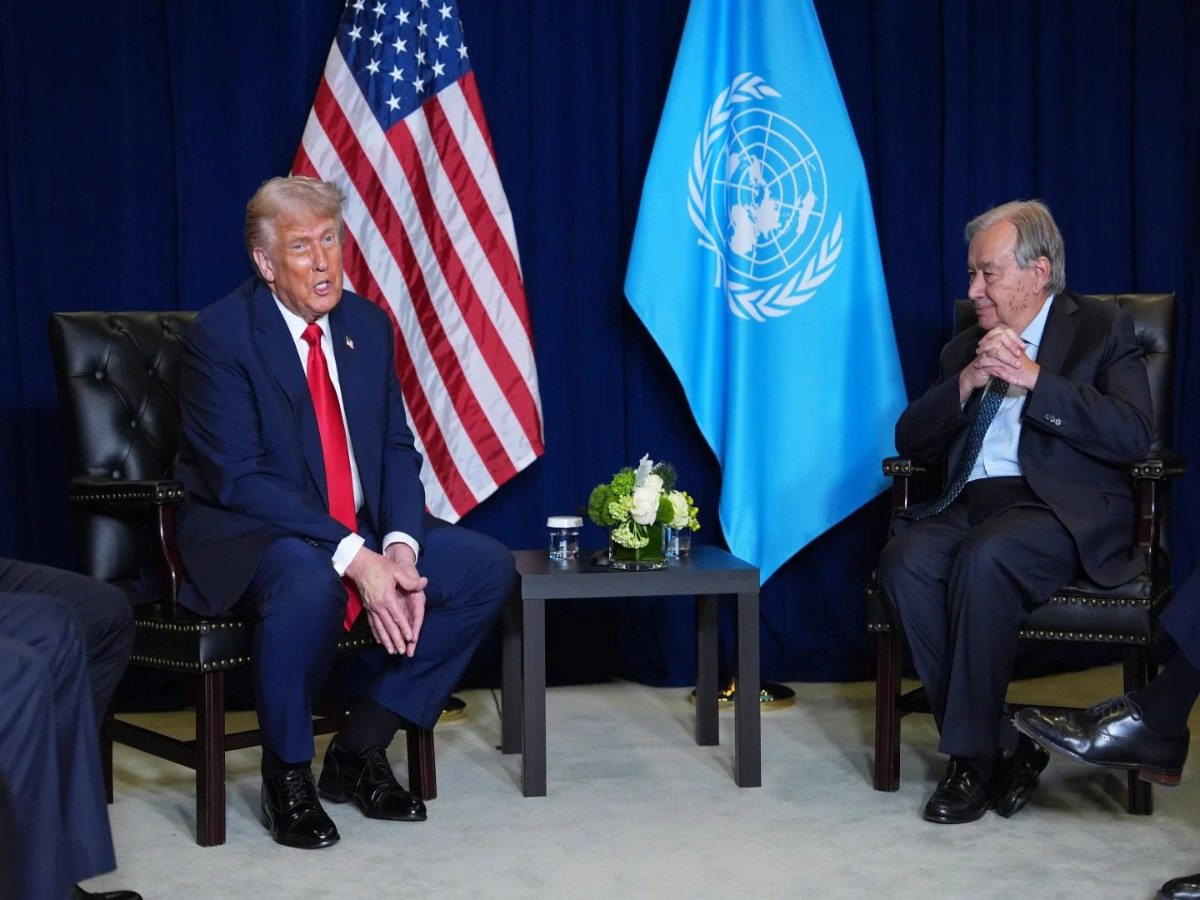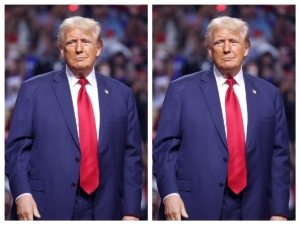The United Nations is preparing to pull back thousands of peacekeepers and scale down operations worldwide after major U.S. funding cuts forced the organization to downsize one of its core missions, a senior U.N. official said Wednesday.
Speaking to reporters on condition of anonymity, the official revealed that the U.N. will reduce its peacekeeping forces by about 25 percent, following the United States’ decision to slash contributions in line with President Donald Trump’s “America First” policy.
An estimated 13,000 to 14,000 peacekeepers, including military and police personnel, will be withdrawn from conflict zones over the coming months. The reduction affects missions across nine countries, including the Democratic Republic of Congo, South Sudan, the Central African Republic, Lebanon, and Kosovo. The U.N. support office in Somalia will also face cuts.
READ ALSO: Trump may cut refugee admissions to 7,500, favoring white South Africans
The move will reduce the organization’s peacekeeping budget by about 15 percent this year, a major setback to efforts to stabilize fragile regions. U.N. Secretary-General Antonio Guterres has long defended the missions as a vital and cost-effective tool for maintaining global security, saying that peacekeeping “represents a tiny fraction of global military spending — around one half of one percent.”
The decision follows a meeting between Guterres and key donor representatives, including Mike Waltz, the U.S. ambassador to the U.N., who reiterated the Trump administration’s view that the U.N. needs to be streamlined.
Waltz and other U.S. officials have argued that the U.N. has become inefficient and overly bureaucratic. The government has vowed to withhold additional contributions until a full review of every U.N. agency and program is completed.
Since Trump’s return to office in January, his administration has moved to scale back U.S. participation in global institutions, cutting ties with UNESCO, the World Health Organization, and the U.N. Human Rights Council. Dozens of U.N. offices and programs are now facing layoffs of up to 20 percent as part of internal reform and funding shortfalls.
READ ALSO: Ten more migrants sent from U.S. to Eswatini as Africa deportation pact deepens
In a recent television interview, Waltz said the U.S. wants to refocus the U.N. “on the basics of promoting peace, enforcing peace, preventing wars,” adding, “We have to cut out all of this other nonsense.”
U.N. peacekeeping operations have expanded dramatically since the early 1990s, when only 11,000 troops were deployed. By 2014, that number had grown to 130,000 across 16 missions. Currently, about 52,000 men and women serve in 11 conflict areas across Africa, Asia, Europe, and the Middle East.
The United States will now contribute $680 million to nine of those missions, down from the $1 billion provided last year. Together, the U.S. and China fund nearly half of the U.N.’s total peacekeeping budget. A separate U.N. official confirmed that China has pledged to pay its full share by the end of the year.
READ ALSO: 750,000 in Somalia to lose U.N. food assistance due to funding collapse










